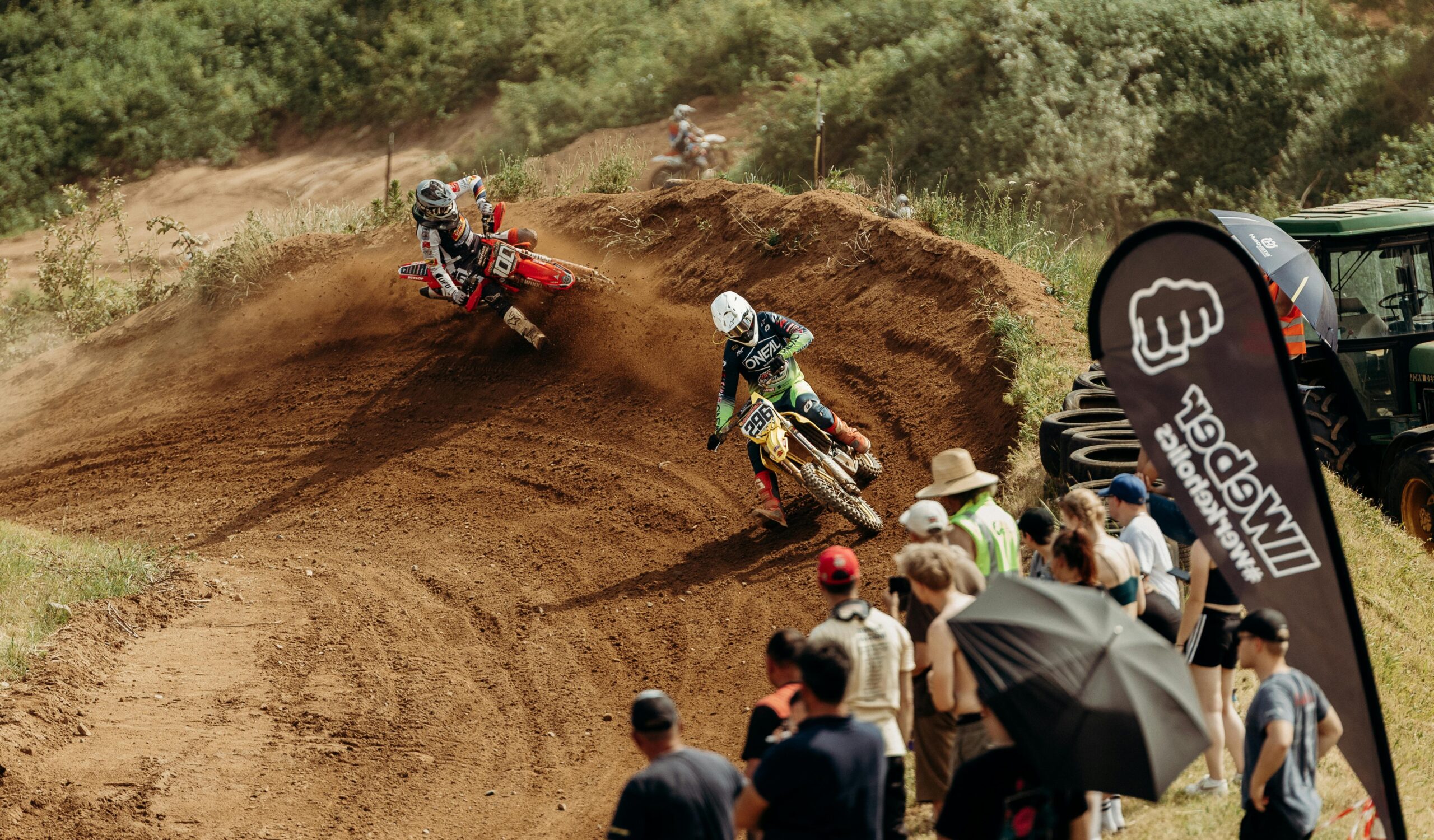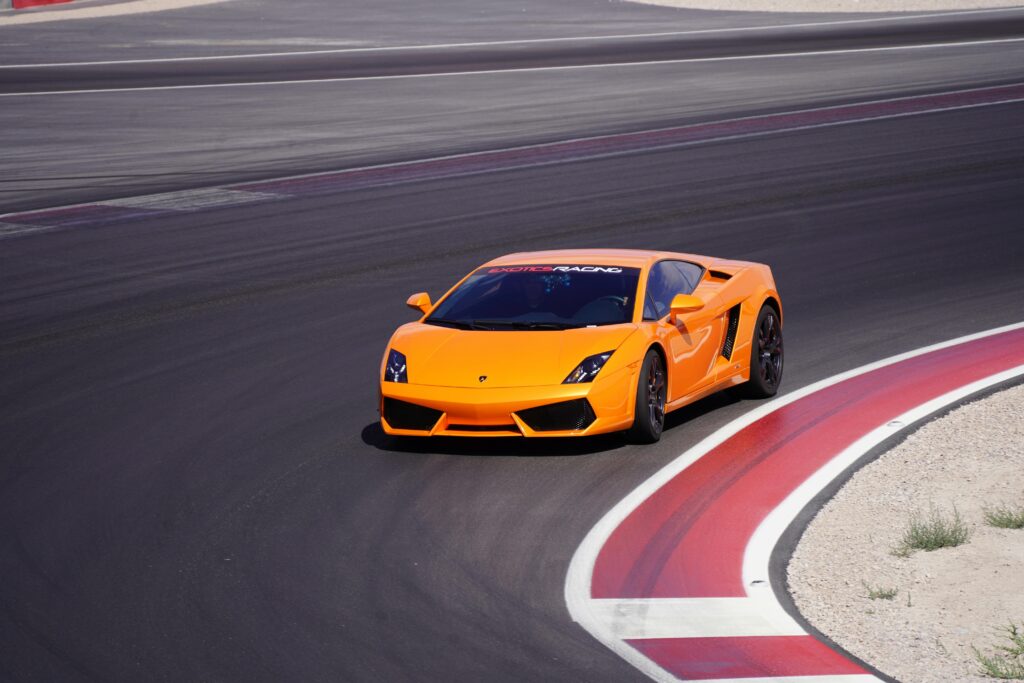Did you know the fastest MotoGP lap record stands at 1:31.072? That’s faster than a Formula 1 car on the same track. If you’re as awestruck as I was when I first learned that, strap in—because today we’re diving deep into track record breakdowns, uncovering how these motorcyclists push human limits and break records. We’ll also explore why obsessing over timing charts isn’t just nerd territory but essential fan territory too.
In this article, you’ll learn:
- The secrets behind jaw-dropping MotoGP track records.
- A step-by-step guide to understanding MotoGP timing data.
- Tips to analyze race performance like an insider.
- Real-world case studies of legendary track battles.
Table of Contents
- Why Track Records Matter: The High-Stakes Game
- How to Read MotoGP Timing Data Like a Pro
- Top Tips for Analyzing Track Performance
- Case Study: Breaking Down Marc Márquez’s 2019 Record
- Frequently Asked Questions About Track Records
Why Track Records Matter: The High-Stakes Game

“Winning is everything”—and no truer words were spoken in the adrenaline-fueled world of MotoGP. Track records aren’t just numbers; they represent history, rivalry, and technological mastery. But let me tell you about my rookie mistake… Once, while screaming at my TV during the Assen TT race (yes, embarrassing), I thought lap times were arbitrary. Boy was I wrong.
MotoGP tracks demand precision engineering from both bike setups and rider skills. One split second can separate victory from defeat. For example:
- Qatar GP: Long straights require maximum horsepower.
- Silverstone Circuit: Corners test braking accuracy more than speed alone.
How to Read MotoGP Timing Data Like a Pro

What’s Your First Step?
Optimist You: “Just download their app—it’s straightforward!”
Grumpy You: “Ugh, unless you want your brain fried trying to decode what ‘S1’ means.”
- Start with Session Types: Free Practice (FP), Qualifying (Q), and Race results paint different pictures. FP sessions focus on setup tweaks; qualifying shows peak potential.
- Focus on Segments: Each lap divides into segments (e.g., S1, S2). A rider might crush Sector 1 but lose time in Sector 3.
- Compare Personal Best vs. Overall Leaderboard: PB tells if a rider improves consistently, while leaderboard rankings reveal overall competitiveness.
Top Tips for Analyzing Track Performance

Here are some pro-level strategies—but be warned: not all tips make sense immediately!
- Don’t Overlook Tire Degradation Charts: Grip loss affects late-race performance significantly. It’s chef’s kiss for predicting comebacks.
- Track Temperature Matters: Heat changes tire grip drastically—think whirrrr sound of melting rubber. Check pre-race reports religiously.
- Look Beyond Raw Numbers: A single blazing lap often masks underlying issues like poor starts or inconsistent corner exits.
Bonus rant: Whoever decided red-flag interruptions mid-qualifying should never get coffee again. Talk about killing momentum!
Case Study: Breaking Down Marc Márquez’s 2019 Record
Let’s geek out a bit. Remember Marc Márquez’s insane 2019 German GP record? His telemetry reveals he shaved milliseconds by nailing Sector 2—a notoriously technical part. Why does this matter? Because mastering tricky zones distinguishes champions from mere participants.
Frequently Asked Questions About Track Records
Question 1: What happens if two riders tie for the fastest lap?
A tiebreaker considers other factors like position achieved during the session. Spoiler alert: It rarely ends without drama!
Question 2: Are older bikes ever faster than modern ones?
Nearly impossible. Technological advancements ensure newer machines dominate nearly every category. However, certain historic circuits favor experienced riders more than tech upgrades.
Question 3: Can weather impact track records?
Absolutely. Rainy conditions reset leaderboards entirely as slick tires replace dry options.
Conclusion
In summary, decoding track record breakdowns requires patience, passion, and maybe a splash of caffeine. Whether it’s segment splits or tire temps—you now possess tools to elevate your spectating game. So next time someone asks why MotoGP lap times seem impossible, school them like a true gearhead.
Like dial-up internet speeds, tracking MotoGP progress takes effort—but the payoff feels smoother than silk.
*Bonus haiku moment:*
Milliseconds fade,
Rider leans through chaos,
Speed whispers legends.*


